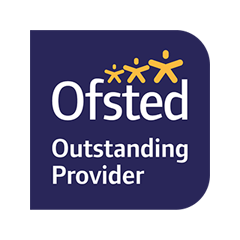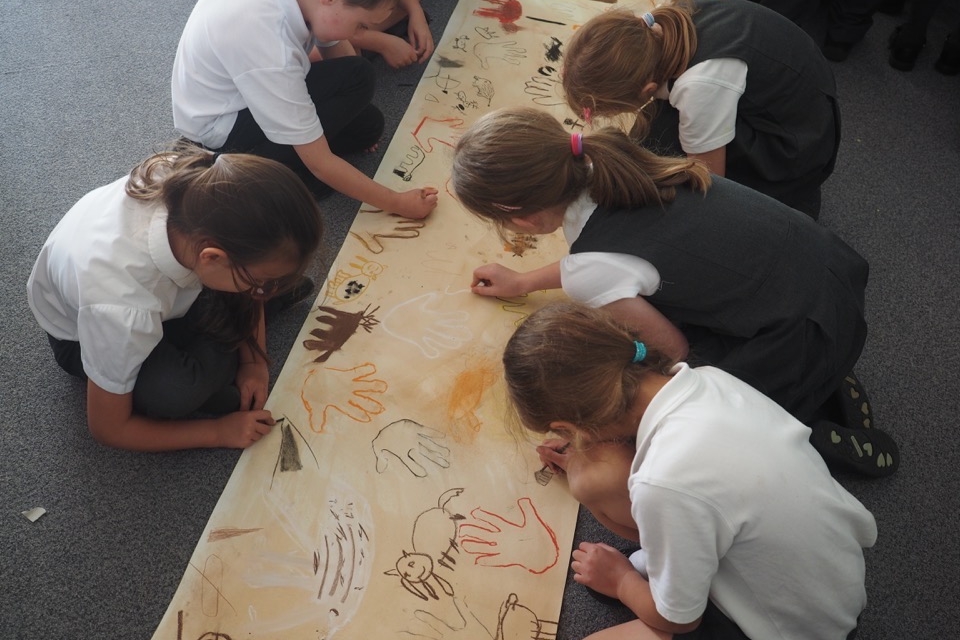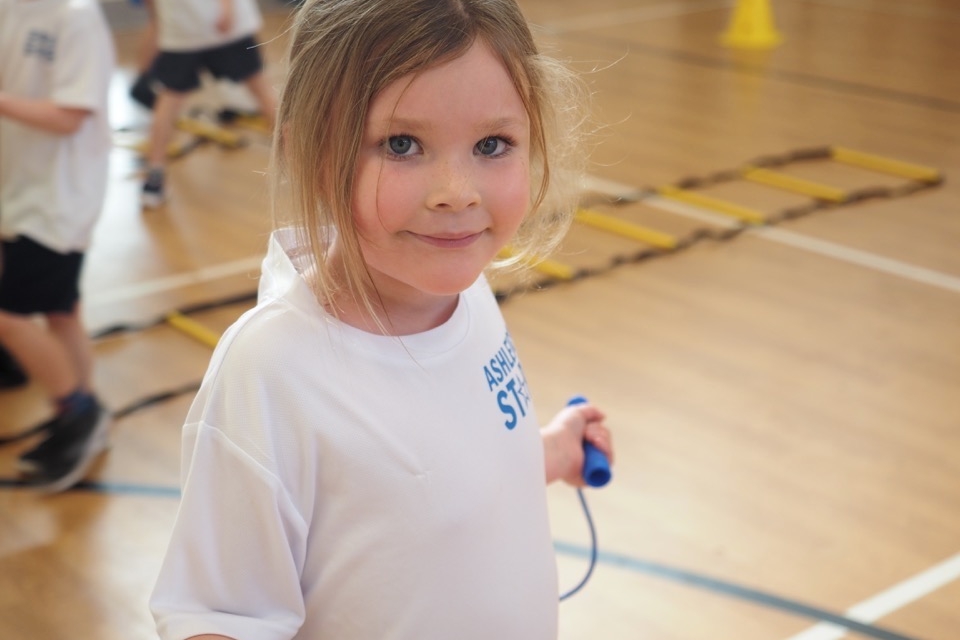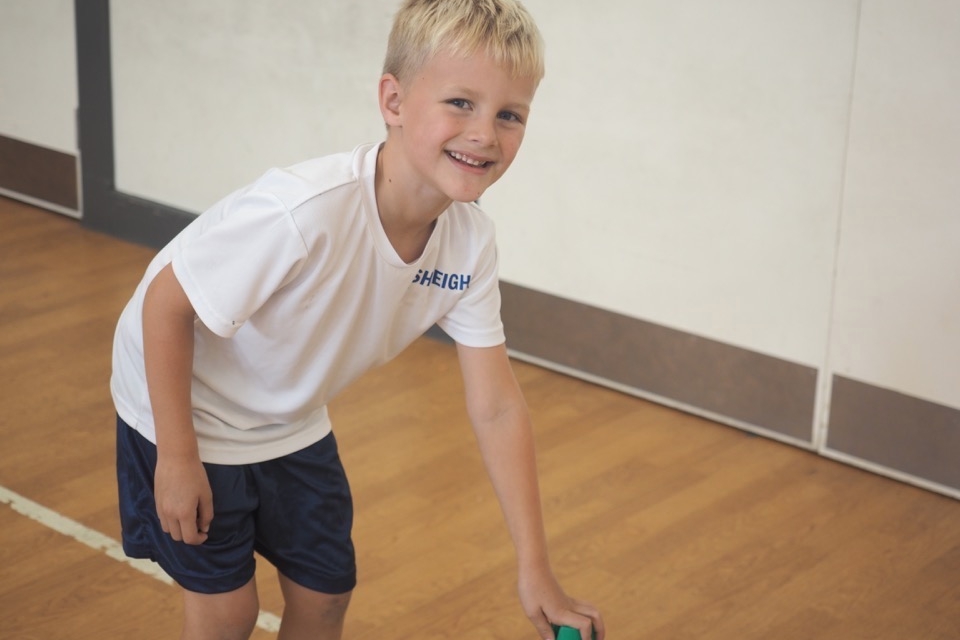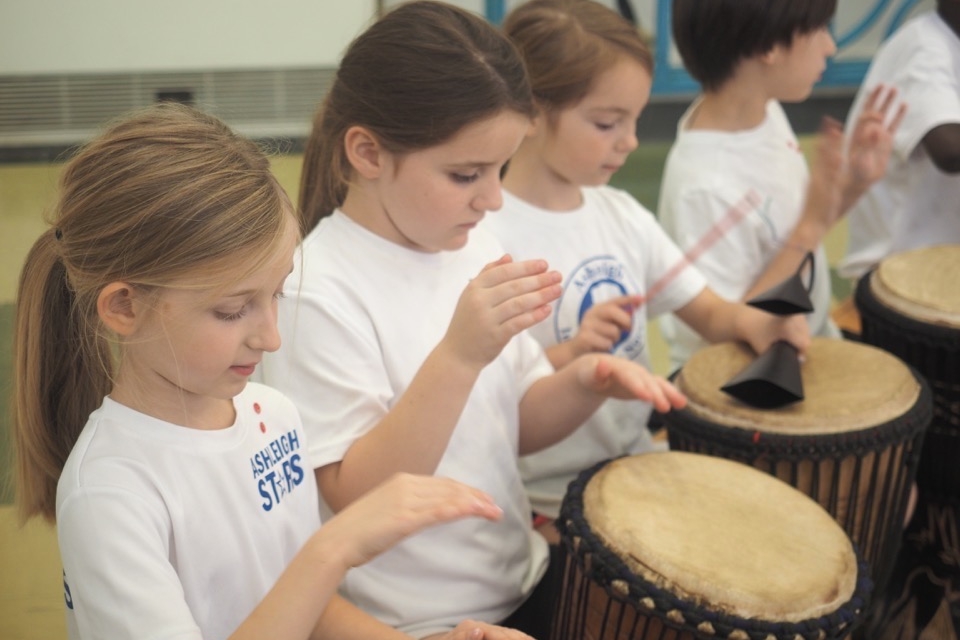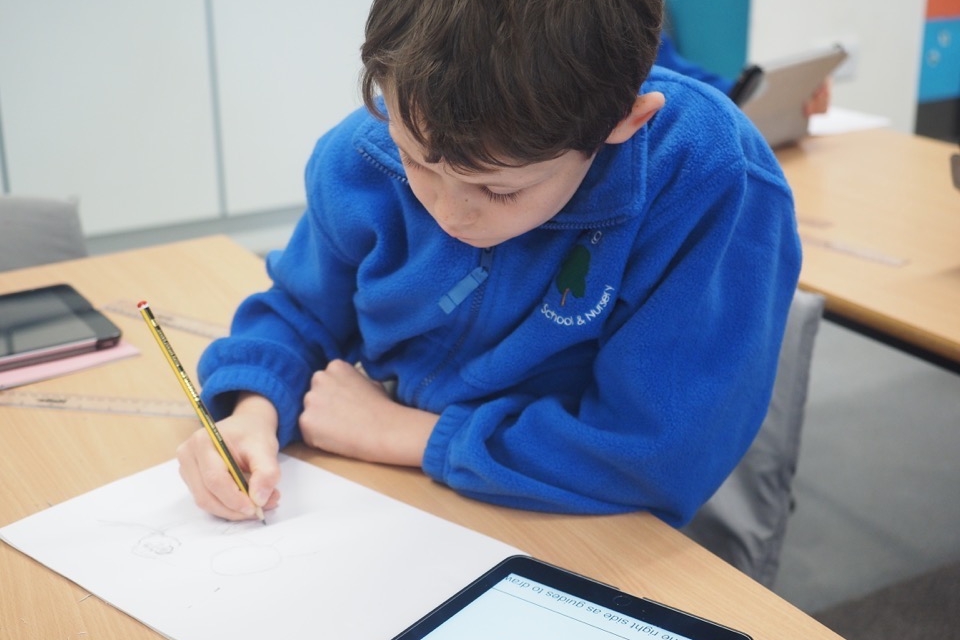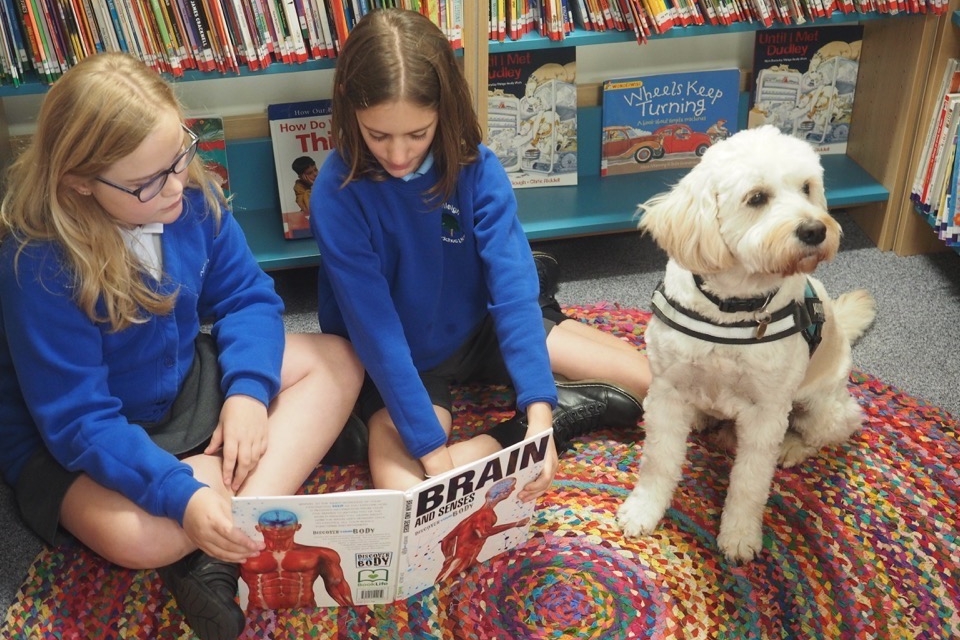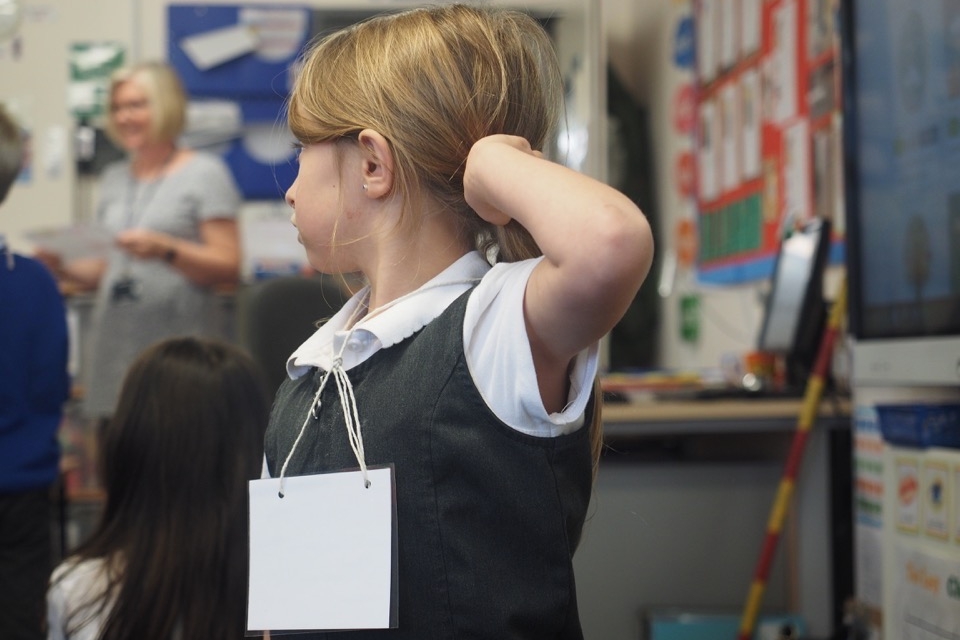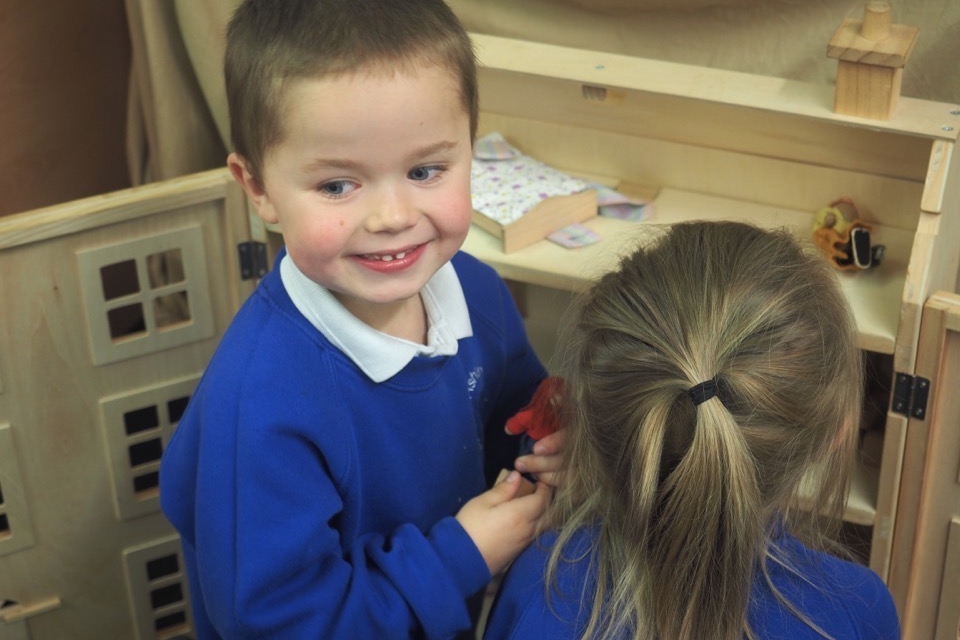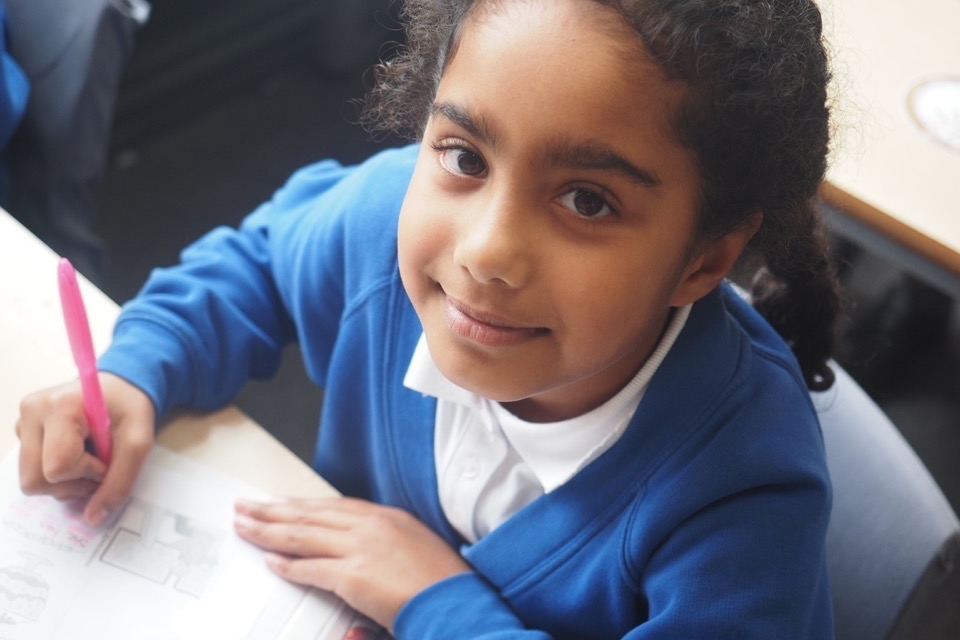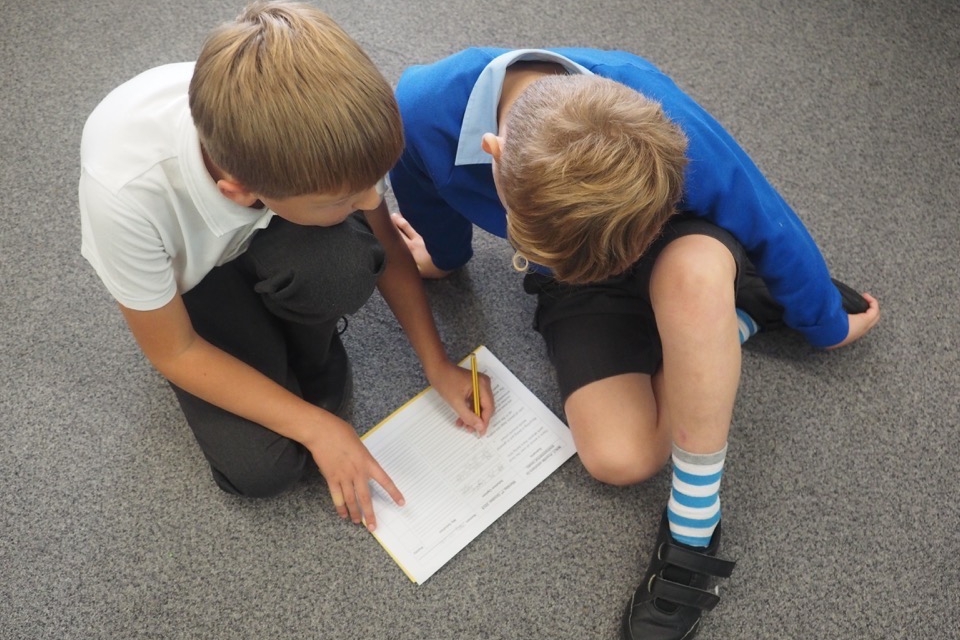Our Curriculum
We work hard to make sure children leave Ashleigh at the end of Y6 articulate, fluent and confident in every subject.
As a team, we have worked hard to produce an inspirational curriculum for the children.
We believe that teaching the things we teach plays a part in helping children to lead happy fulfilling lives. We believe that the things we teach play a part in helping the children to grow up to be independent and to be able to make a meaningful contribution to the world of their own choosing.
We believe that we have a responsibility to all of the children we teach, to teach our curriculum as well as we possibly can, so that all learners have the best possible chance of learning its contents so they can leave, ready for high school and the wider world.
More key values concerning curriculum and teaching
Our curriculum should serve to help children become ‘more human’, inspired by Haim Ginott’s ‘Letter to a Teacher’.
At Ashleigh, we are ‘All different, All equal, All learning’. This means that everyone has the right to access the school curriculum and the National Curriculum.
If something is in our curriculum, it because we believe Ashleigh children have a right to know it. If we believe that Ashleigh children have a right to know something, we think carefully about how we teach it to them.
We believe children are entitled to the highest standards of teaching.
School should be an encouraging place, where children get the balance of challenge and support that’s right for them.
What are we trying to achieve?
- We want children to leave our school at 11 with all of the (powerful) knowledge they need to flourish at high school and beyond. They should be enthusiastic to continue their education at KS3 because they have learnt what they need to learn at primary school and can feel confident and feel inspired to keep learning.
- We also want them to acquire a knowledge of themselves and how they fit into school life and how that relates to the wider world through the ability to form positive relationships with other people.
- Developing the ‘whole child’. Parents/carers are the most important educators in a child’s life but school has an important role to play in the child’s social, moral, spiritual and cultural development.
Our Curriculum Book Spine
We want every child at Ashleigh to have the opportunity to find the kind of books they love to read. We believe in the power of reading to inspire children’s love of learning and to develop their ability to think for themselves and to learn independently.
From the earliest ages, reading is much more than decoding. From the start, reading is also accessing and further acquiring language knowledge and domain knowledge. This means that instruction and practice in fluency of decoding need to be accompanied by instruction and practice in vocabulary and domain knowledge. If we want to raise later achievement …, we need to combine early instruction in the procedures of literacy with early instruction in the content of literacy, specifically: vocabulary, conventions of language, and knowledge of the world.
E.D. Hirsch, Jr. (2003)
The aim of the curriculum reading spine is to provide an extensive list of books which enhance our lessons and support our school ethos of ‘All Different, All Equal, All Leaning’. These are books to use as class reads, inspiration for writing and whole class reading, recommendations for reading corners and for extracts (taken from them to look at in greater detail).
The intention is that by the time they reach year 6 and beyond, they have developed a wide, rich vocabulary and broader knowledge of our world and of the diverse human stories which have shaped our world and, as a result, are able to access the more complex books expected of them in secondary schools.
Reading these books will enhance the children’s background knowledge around the things they will learn in class, it will give them opportunities to revisit learning and to build their schemata, ready for new learning in class and to be global citizens who can make a positive difference in the world.
These are high-quality texts which are interesting and enjoyable. All the information books promote how the text and pictures can work together to provide comprehensive information and an enjoyable reading experience whilst broadening knowledge, vocabulary and experience of the world.
These texts have been selected through recommendations: National Literacy Trust, CLPE, The Book Trust as well as consideration for areas of learning covered in the curriculum to encourage wider reading.
Take a look at the books we want every Ashleigh child to read during there time with us here.

